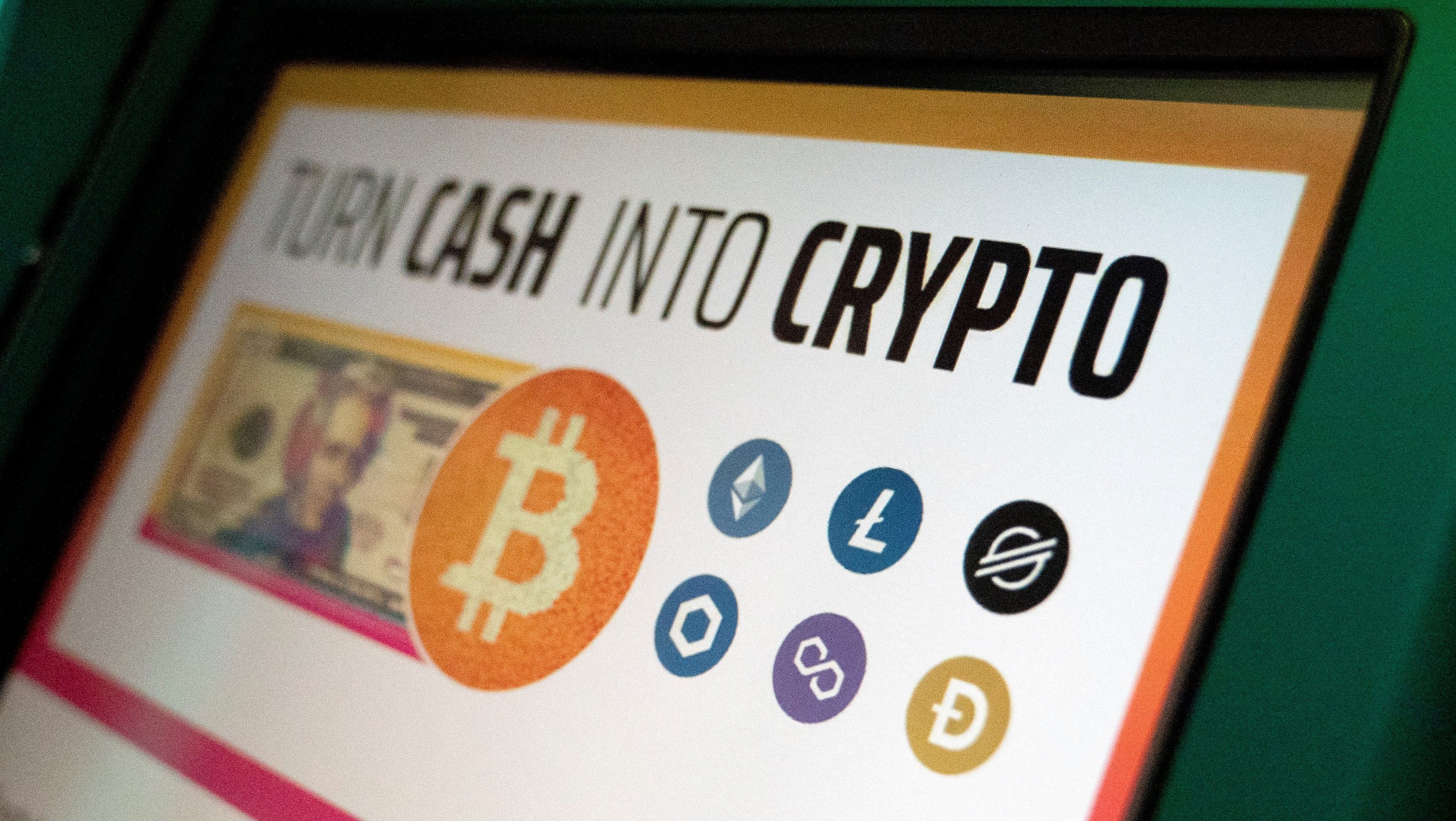
Despite a recent rough stretch for crypto, Wyoming still wants its business
Despite a recent rough stretch for crypto, Wyoming still wants its business

Caitlin Long first got into crypto about a decade ago, but she really saw its potential after she tried to donate to her alma mater, the University of Wyoming, with bitcoin.
“They said, ‘What?’ And I said, ‘OK, let me tell you what it is, and let’s see if we can figure out how to make this work,’” Long said.
Now, Long is CEO of Custodia Bank, headquartered in Cheyenne. It’s trying to gain membership at the Federal Reserve to handle digital assets and has a charter from the state of Wyoming.
In the past few years, Long has been instrumental in making Wyoming one of the most crypto-friendly states in the country. She calls the technology an “incredible opportunity,” but said she does understand why some people have reservations about digital assets, especially in light of the recent high-profile collapses of several crypto companies like FTX.
“It’s a constant drumbeat that I’ve had for five years publicly trying to warn people these businesses are going to fail,” Long said. “It’s beyond just highly leveraged business models. There were outright criminals in this industry.”
However, Long said crypto has helped her state diversify its economy beyond the energy industry. Wyoming lawmakers have passed at least 20 laws trying to attract new crypto businesses. This year, they authorized the state to issue its own cryptocurrency in the form of a stablecoin.
On the federal level, Wyoming’s junior senator, Cynthia Lummis, has been called “the crypto queen” because she’s so bullish on the technology. She recently introduced a bill that would allow the federal government to regulate crypto like other assets in finance — and points to Wyoming as an example of responsible policy.
“I do believe that Wyoming has a legislative framework that — had it been used by FTX and other companies — would have prevented some of the fraud that we saw,” Lummis said on a recent press call.
But some are questioning whether lawmakers should be focusing on crypto at all. Christopher Odinet is a law professor at the University of Iowa and said most digital assets aren’t tied to anything tangible, like commercial goods or supply chains.
“I think you have to ask, what really is this for?” he said.
One question he has is whether crypto should be a part of banking. Wyoming is the first state to grant banks the ability to house digital currencies alongside fiat currencies — which are backed by governments — under one roof. This is called a Special Purpose Depository Institution, or SPDI, and importantly, those crypto assets are backed by cash reserves.
However, Odinet said it still might not be a good idea for the Federal Reserve to get involved with SPDIs.
“If the 2008 financial crisis taught us anything, it’s that keeping banking simple is really a pillar of avoiding financial harm and the contagion that can follow,” he said.
Earlier this year, the Federal Reserve Board denied the application of Long’s Custodia bank, arguing the firm’s focus on crypto presented too many safety risks. Custodia has filed a lawsuit to challenge how the board handled that application.
In the meantime, Wyoming is continuing to invest in the future of crypto in the state. The University of Wyoming has created a Center for Blockchain and Digital Innovation. The center hosts a yearly event, called the Wyoming Blockchain Stampede, that tries to encourage local young business professionals to get involved with digital assets.
There’s a lot happening in the world. Through it all, Marketplace is here for you.
You rely on Marketplace to break down the world’s events and tell you how it affects you in a fact-based, approachable way. We rely on your financial support to keep making that possible.
Your donation today powers the independent journalism that you rely on. For just $5/month, you can help sustain Marketplace so we can keep reporting on the things that matter to you.

















